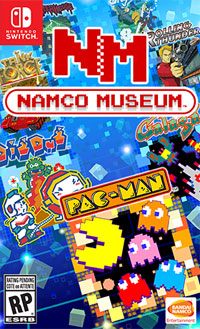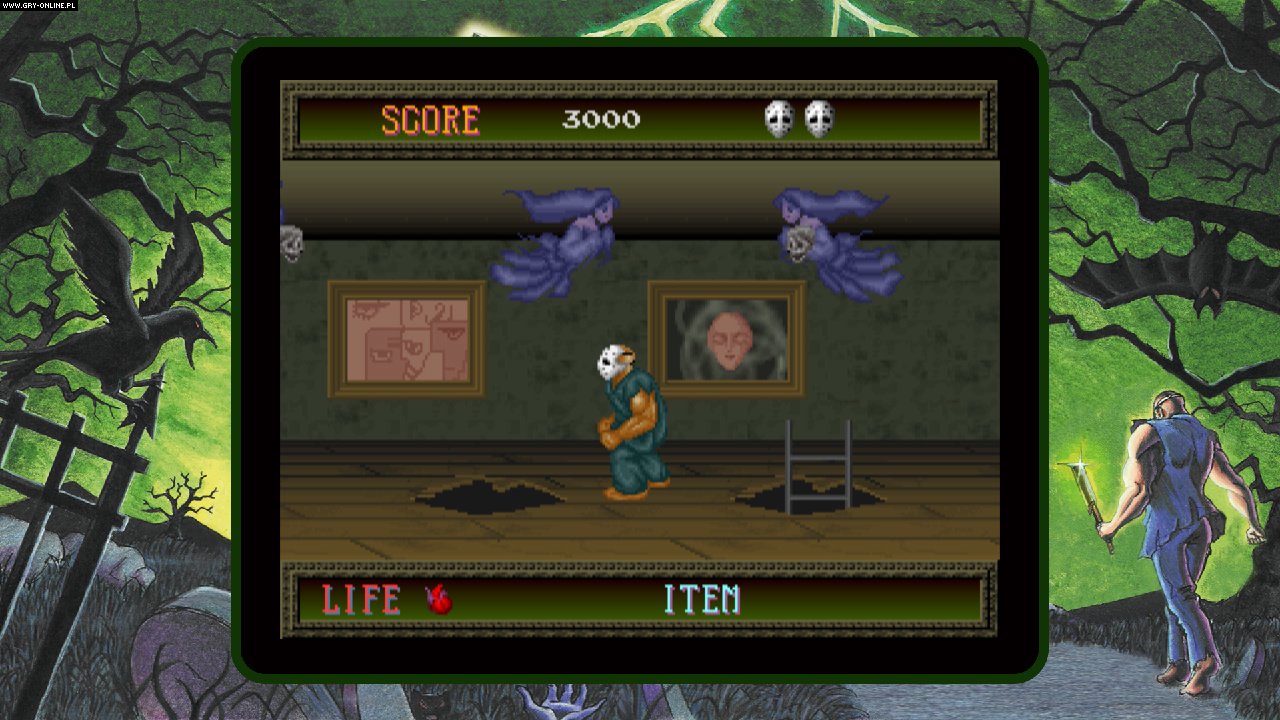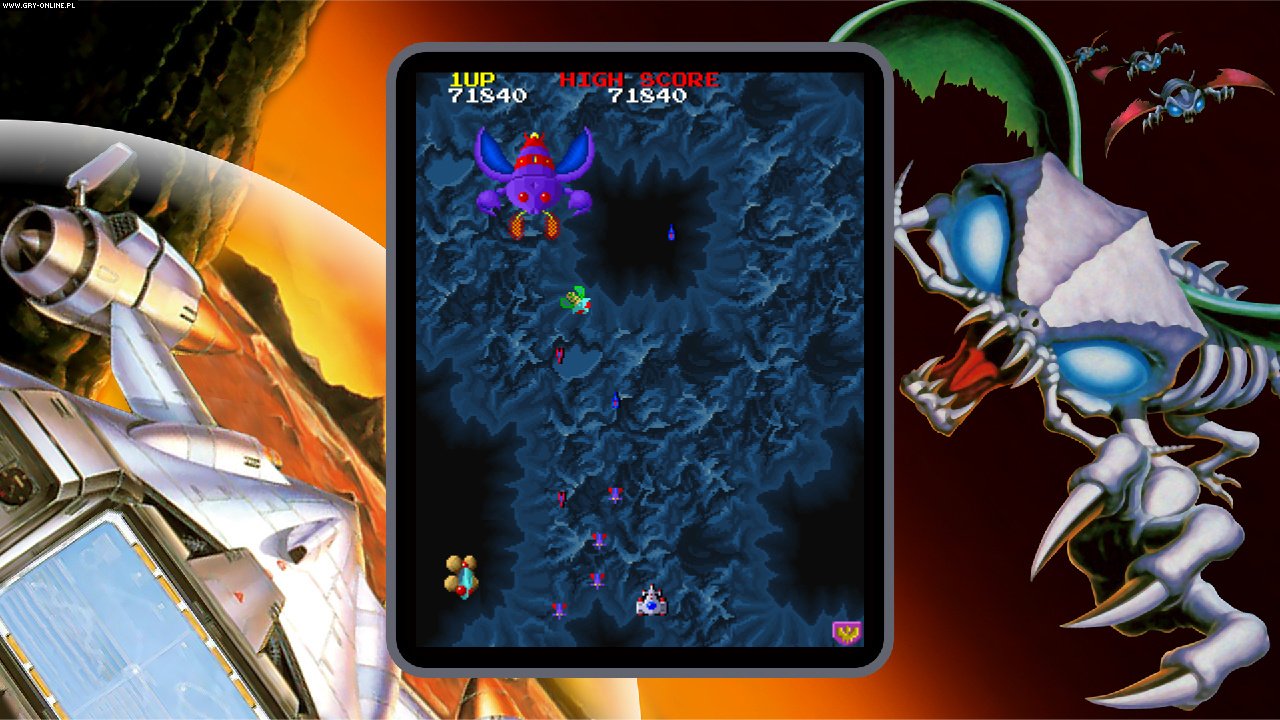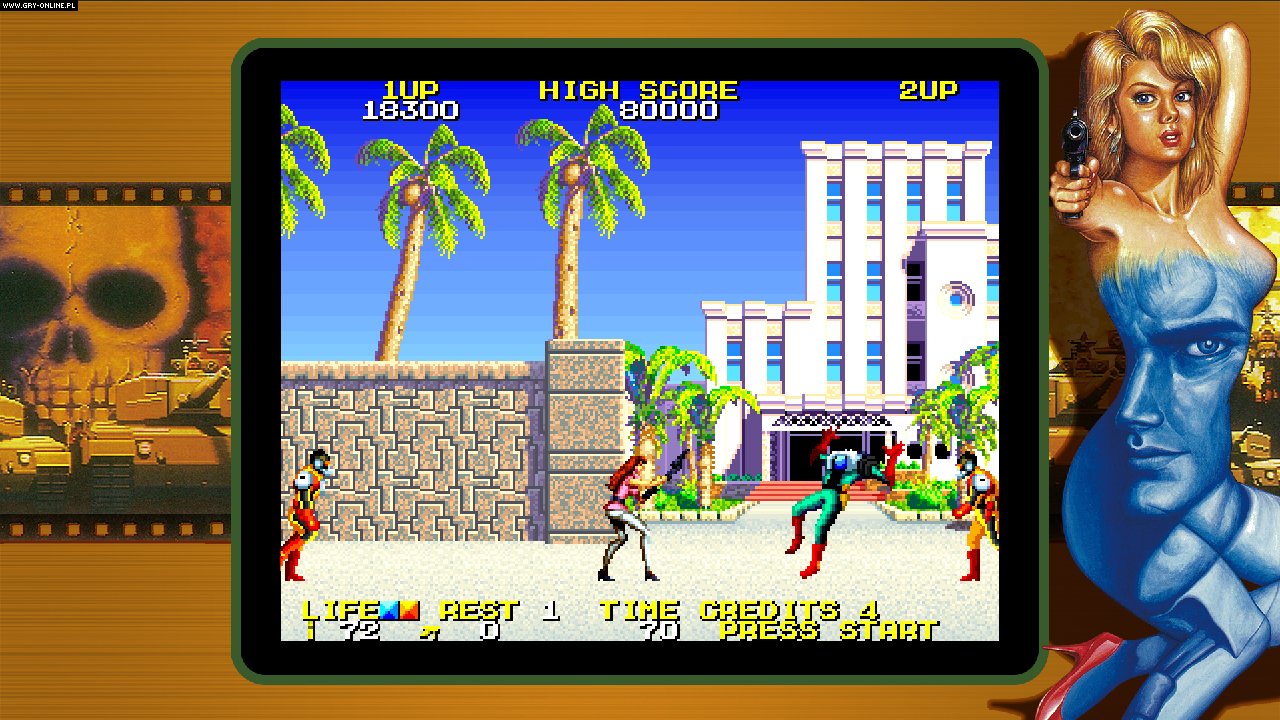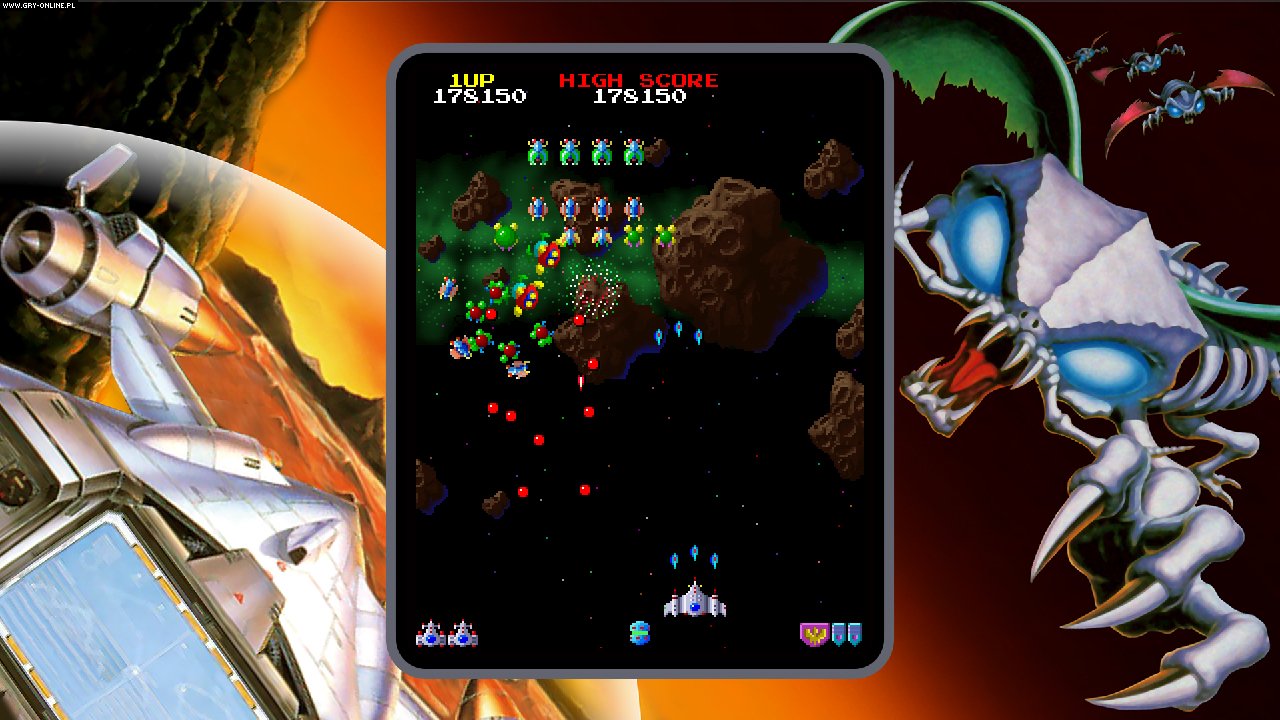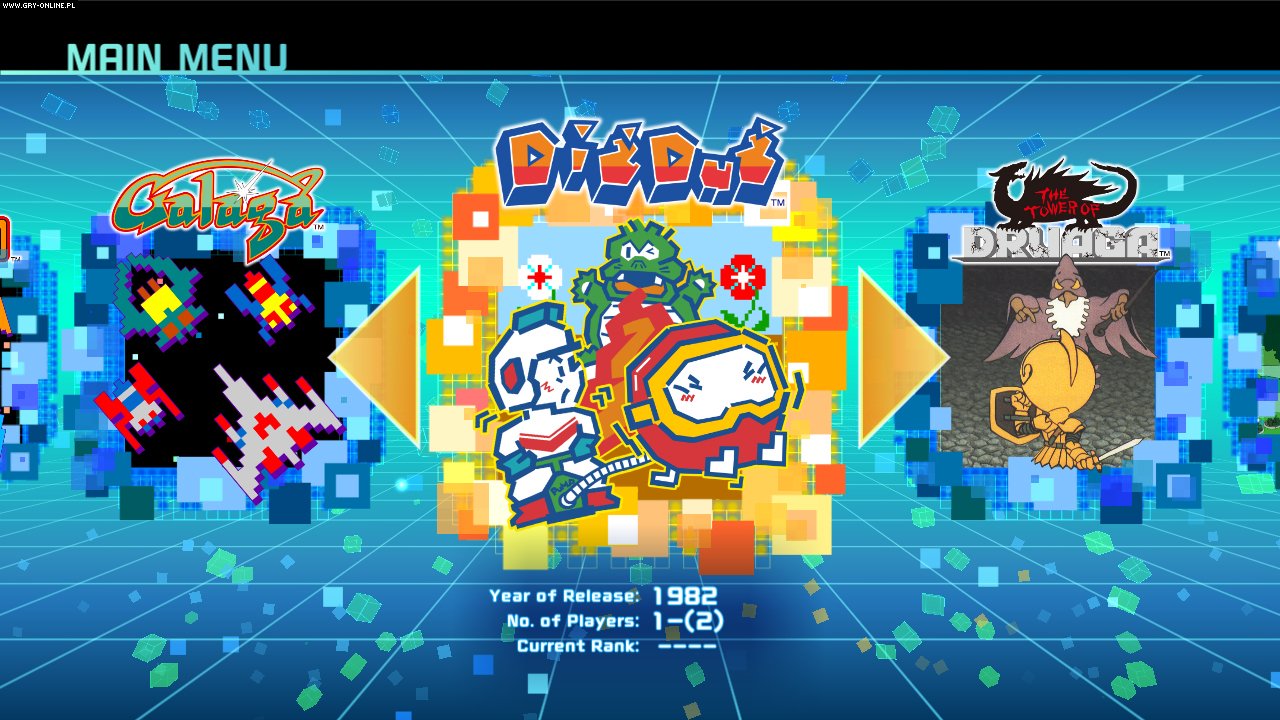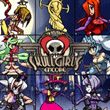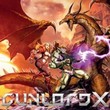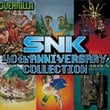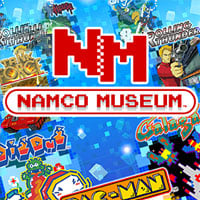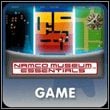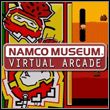Pac-Man (1980) was one of the most popular games in the world. The compilation offers the original version of the game, which was introduced in arcade rooms at the beginning of the 1980s.
Dig Dug (1982) is a two-dimensional arcade game featuring elements of logic. The player takes on the role of a miner whose job is to eliminate creatures inhabiting underground caverns.
Galaga (1981) is one of the first space shoot'em ups, which played a crucial role in the birth of the genre. The player controls a fighter ship, which moves in two directions only, at the bottom of the screen. One's task here is to neutralize enemies.
Galaga '88 (1987) – a sequel to the original Galaga, offering significantly better audiovisuals and bringing minor changes to the gameplay formula. Even bigger challenges are placed in front of the player here.
The Tower of Druaga (1984) – 2D arcade game with elements of role-playing; it was inspired by myths and the culture of the ancient Sumeria. The player takes on the role of the legendary Gilgamesh. The hero tries to find and kill a demon by the name of Druaga, who has remained in concealment, at the top of a sixty-floor tower.
Rolling Thunder (1986) – 2D arcade shooter, which casts the player in the role of Albatross - a member of an international police organization known as WCPO. In New York, the protagonist searches for traces of a missing agent that most likely had been kidnapped by a criminal group named Geldra. During the adventure, the player uses a basic pistol and machine weapons to eliminate gangsters that cooperate with Geldra.
Rolling Thunder 2 (1990) – a direct sequel to Rolling Thunder. The organization known as Geldra returns, performing a terrorist attack, which causes the destruction of a network made up of terrestrial satellites. Agent Albatross enters the stage again to fight the threat. Because a new mode for two players was included, Albatross can be accompanied by agent Leila.
Sky Kid (1985) – a two-dimensional shooter game, which places the player in control of small biplanes from the World-War I period. The player completes a series of missions requiring them to drop bombs on enemy positions and to shoot down designated targets.
Splatterhouse (1988) – a 2D beat'em up inspired by classic horrors from 1980s, such as Friday the Thirteenth or The Evil Dead. The player assumes the role of Rick - a student of parapsychology, who gets trapped inside an old, American estate. Thanks to a mysterious power of the mask of terror, he gains superhuman strength and endurance, which helps him in the fight against monsters haunting the old house.
Tank Force (1991) is a two-dimensional arcade shooter, which places the player in control over tanks. The game offers seven military vehicle models, as well as fifteen kinds of power-ups.
Technical aspects
The audiovisuals of particular games included in this compilation have not changed significantly since the original releases from the past. Neither did the creators include any extended graphical settings, such as screen filters. However, the player can change difficulty settings, the number of available lives, as well as other details concerning gameplay itself.
